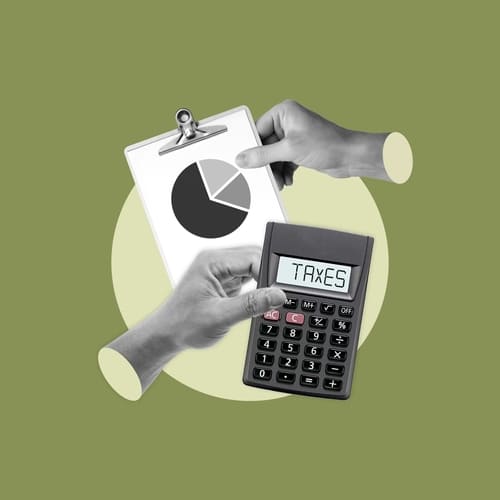Can I Claim My Child as a Dependent After a Divorce?
 In marriage, spouses get to share everything. They share property, they share children, and they usually share income. They can also file joint tax returns for that income and claim their child as a dependent for tax refund purposes.
In marriage, spouses get to share everything. They share property, they share children, and they usually share income. They can also file joint tax returns for that income and claim their child as a dependent for tax refund purposes.
But when a couple decides to end their marriage, most things are divided in two. The spouses divide their property, split their time between their children, and no longer share income. They also file separate tax returns. The question, however, often is: which parent gets to claim the child as a dependent?
When it comes to how divorce may affect your taxes, it is best to consult with an Illinois divorce attorney. An experienced lawyer will be able to guide you through your options and connect you with tax professionals if necessary.
Can Both Parents Claim the Child as a Dependent?
Even though the child may be cared for by both parents, only one of them can claim the child as a dependent in a given year. The IRS does not allow both parents to claim the tax exemption. By default, the IRS grants the exemption to whichever parent has the majority of parenting time, also known as physical custody, with the child.
However, the parents can decide between themselves who may claim the child as a dependent. This does not have to be a privilege given to one parent. The parents can decide, for example:
-
To alternate the tax exemption between each parent from year to year
-
Whichever parent is paying spousal support, also known as alimony, should be the one who gets to claim the tax exemption
-
Whoever makes above a certain amount of money in a given year can claim the exemption
Whatever the arrangement is, the parents should ideally agree on the terms during the divorce process. That way, the judge can include the terms in the divorce decree, which makes them legally binding and prevents confusion and misunderstandings.
What If We Both Claim the Child as a Dependent?
You should only claim the child as a dependent if you have the majority of parenting time with the child and there is no agreement, or if the divorce decree stipulates that you may. Otherwise, both parents claiming the tax exemption can trigger an audit, and the parent who wrongfully claimed the child as a dependent can end up paying heavy fines.
Contact a DuPage County, IL Divorce Lawyer
Your tax status and bracket may change abruptly when the divorce is finalized. This can be confusing, but it is important to make sure you understand the tax laws. Hiring an experienced Naperville, IL divorce attorney can help you avoid making serious mistakes. At Pesce Law Group, P.C., our knowledgeable attorneys will not only walk you through every step of your divorce, but we will also connect you with excellent tax lawyers if you require them. Call 630-352-2240 to start receiving first-class legal services today.











 630-352-2240
630-352-2240



